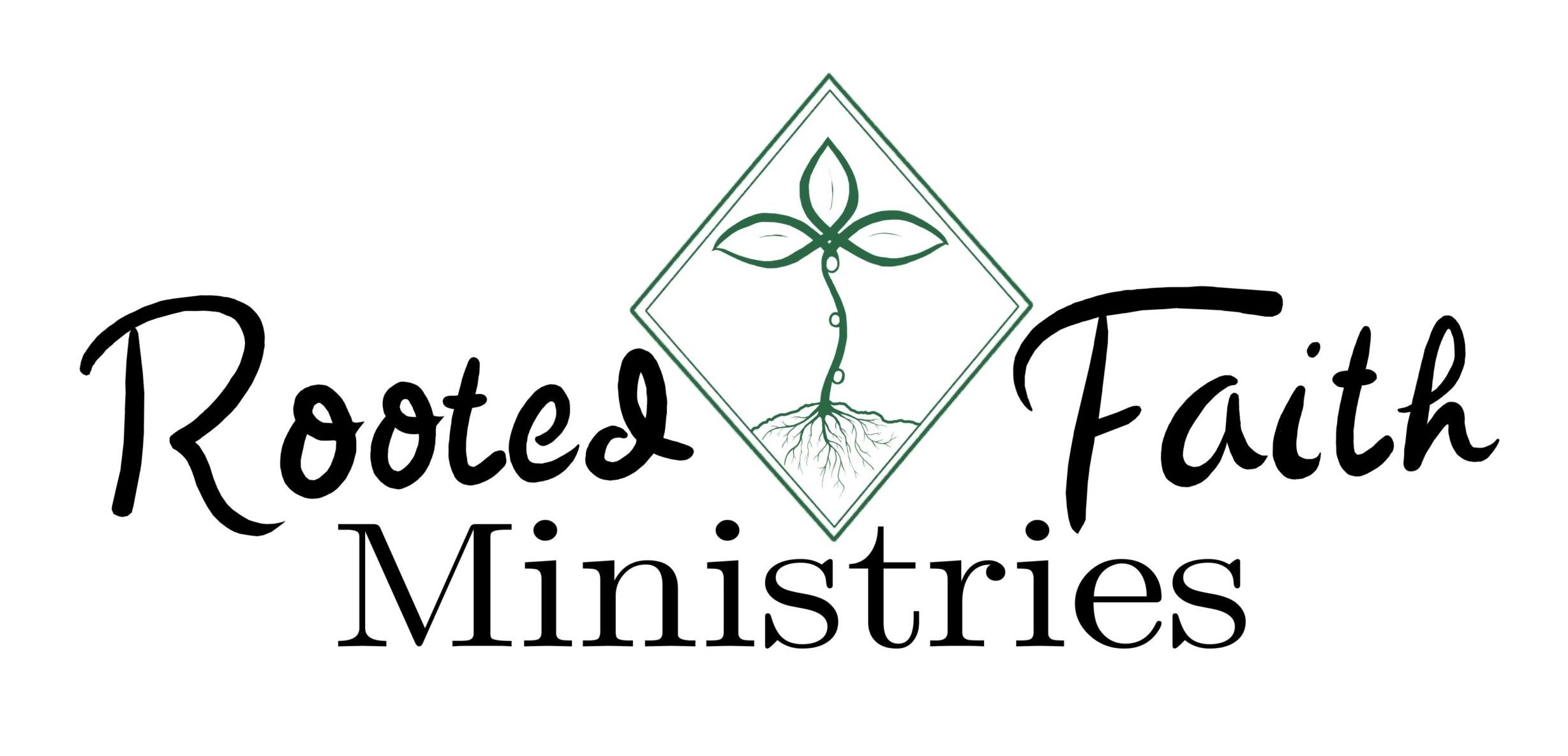
Is Doubt the Opposite of Faith?
Understanding Doubt and Faith
Have you ever felt doubt? We don’t always like to talk about it, but the fact is, doubt is something all believers deal with at one point or another. Because of this, understanding and knowing how to address doubt is vital for Christians. Many people operate on the assumption that doubt and faith are enemies, that doubt is the opposite of faith. But, if we have a biblical understanding of faith and doubt, we will see that this isn’t necessarily the case.
What is Doubt?
Doubt is a reality that all believers will face throughout their lives, but there are actually different kinds. Typically, believers deal with one of two main varieties: intellectual doubt or emotional doubt.
Intellectual Doubt
A Christian may experience intellectual doubt when they come across a claim that they 1) believe is plausible and 2) believe would threaten their Christian beliefs. For example, consider the claim that Jesus never existed. For this claim to cause intellectual doubt someone would first have to find the claim plausible and threatening to their belief that Jesus did exist.
The claim that the moon landing was faked, however, regardless of whether or not it’s even plausible, does not threaten Christian beliefs. Finally, a claim that is not found plausible poses no threat to Christian beliefs, even if it actually relates to those beliefs. For instance, the claim that the world is held up by a giant tortoise named Fred would disprove Christianity if true, but as it is not a plausible claim, does not threaten it.
Emotional Doubt
Emotional doubt is a little more abstract, but it’s quite common. This is more of a concern or worry that our beliefs aren’t true. You may have asked yourself ‘what if I’m wrong about this? What if none of this is true?’ Notice that these questions aren’t focused on evidence but fear. We’re not looking for proof or certainty, we’re just caught up in anxious concern about the possibility that we’ve missed the mark and gotten our beliefs completely wrong.
The truth of the matter is that we will never have 100% certainty about our beliefs, so both intellectual and emotional doubt will probably rear their heads in our lives at one time or another. The key is recognizing them and dealing with them head-on.
Are Doubt and Faith Opposites?
So is doubt opposed to faith? If someone thinks it is, they probably have a wrong idea of faith. The kind of faith that you desperately have to hold onto will probably be completely destroyed by doubt because the strength of your faith is up to you. When you aren’t strong enough, your faith will fail. However, the faith we learn about from Scripture is strong and secure, not because of us, but because of God.
Doubts may come along and shake our resolve, but if we come through the doubt we will end up more sure of our faith because, in essence, God has proven Himself able to stand trial and win.
Don’t Ignore Doubt
Sometimes people are afraid to listen to their doubts, and instead stuff them down where they, unfortunately, can grow stronger and stronger. But we should remember that if Christianity is true there are answers to every doubt we may have. So it is the stronger faith that is willing to entertain their doubts, because they believe there is an answer for them. There is no reason to ignore your doubts, instead, bring them to the light where you can examine them.
Doubt and Faith in the Apostles
Faith and doubt coexisted in the lives of Jesus’ disciples more than once. This means that faith and doubt are not opposites.
Doubt and Faith in Peter
In Matthew 14:30, Peter had just walked on water to meet Jesus, but grew afraid and started to sink. Jesus asked him why he doubted saying, “O you of little faith.” Peter, in the presence of Jesus and in the process of experiencing something miraculous, doubted. Jesus doesn’t rebuke him or say, “I can’t believe you still don’t trust me,” or “you clearly don’t have any faith or you wouldn’t have sunk.” He gently asks, “O you of little faith, why did you doubt?”
Notice that little faith is still faith. It may be an immature faith, not quite as secure in God as it could be, but it is not no faith. Peter had a faith bold enough to step out onto the water in the first place, and a faith that knew to call out to Jesus to save him when he began to sink, but he still had doubts.
Doubt and Faith in Thomas
We can’t mention doubt and the disciples without talking about Thomas in John 20:24-29. He may get a bad rap for not believing Jesus was really resurrected, but in reality, any of the other disciples (and probably you or I) would feel the same in his shoes. The truth is that when the women from the tomb told the disciples that the tomb was empty none of them believed it!
It was natural for the disciples to question the empty tomb, and it was natural for Thomas to question that the other disciples saw Jesus alive. When Jesus did appear to Thomas, He invited Thomas to touch His scars—for Thomas had said that this was the only way he would believe that Jesus was alive. There is no record in the gospels, however, that Thomas did touch the wounds, only that he confessed Jesus Christ as Lord.
If Peter and Thomas saw and experienced the miracles of Jesus and still had doubts, it is only natural for us to doubt sometimes as well. It is not shameful to look for the evidence for a belief, in fact we are supposed to learn the reasons for our beliefs (1 Peter 3:15). This will require addressing our questions, not ignoring them. It is entirely appropriate to engage with your doubts, but we can do so from a place of faith, trusting God through the midst of it. Both Peter and Thomas
How Should We Deal With Doubt?
Faith is the conviction that God’s promises will come to pass. Faith’s opposite will be sure that they won’t, that God has made no promises, that there is no God. Both faith and it’s contrary will be settled. Doubt is simply uncertainty that creeps in from time to time. Left unattended, doubts can grow and turn into certainty—certainty that what you had believed is not true—which is why it is so important not to hide them away. Instead, we should admit doubts, both to ourselves and to someone trustworthy, like a parent, pastor, or mentor who can help to address them.
Addressing Doubt
If your doubt is emotional, turn to God, He is the object of our faith after all. Ask Him for the peace that passes all understanding and to comfort you under the shadow of His wings. Read the Bible and remind yourself of God’s incredible faithfulness. Remember that Jesus sent us the Holy Spirit to be our Helper, ask Him for His help. Know that whatever affliction or suffering we go through has a purpose, Paul says God comforts us in our affliction so we can show others God’s comfort when they are in affliction (2 Corinthians 1:3-4).
If your doubt is intellectual, don’t be afraid to examine the evidence and put your faith to the test. Check out some apologetics resources. If you don’t know where to start, take a look at Stand to Reason, The Christian Research Institute, Got Questions, Alisa Childers, Sean McDowell, and Ryan Pauly. Chances are, you aren’t the first person to have this doubt and there are lots of books, articles, podcasts, and videos you can find that will help you understand what you’re wondering about.
Accepting Doubt
There may be times, however, when we need to come to terms with the fact that we simply can’t understand everything perfectly. We will never have complete beyond a shadow of a doubt certainty about everything. But the good news is, we don’t need it!
If you buy a cake from the grocery store how do you know that there isn’t sand in it? Could some absurd series of events have resulted in sand getting baked into the cake batter, ruining your cake eating experience? Hypothetically, it’s possible. But would you eat the cake anyway, finding such a scenario highly unlikely? Truthfully, we never operate on absolute certainty; we act based on what we perceive to be probable. And when it comes to Christianity, I think we can rest assured (resting in God, assured of our faith) that it is true.
Preventing Future Doubt
Even if you’re not dealing with doubts now, it can be very helpful to put in some of the work now to thwart or lessen future doubts. Develop your relationship with God. Philippians 4 tells us to be anxious for nothing, but instead, turn to God in prayer, thanksgiving, and worship, focusing on, pondering, and meditating on true, good things.
Replace the “what if’s” with what you know about God, and praise Him for it. Get familiar with apologetics and theology and know your Bible. Pretty quickly, you’ll be able to find answers to questions you haven’t even asked yet. And when you don’t have all the answers, remember you know the One who does.
Our Faith is Stronger Than Doubt
We don’t have faith in spite of our doubts, we have a faith strong enough to overcome our doubts, because we have faith in the Faithful One. Doubt is a part of every Christian’s life, but our faith doesn’t have to collapse underneath the pressure. Lean on God and your brothers and sisters in Christ all the more during times of doubt.
Remember, doubt is not the opposite of faith. How else could the faithful doubter have said to Jesus, which we echo in prayer, “Lord, I believe. Help my unbelief!”
How have you dealt with doubt in your life? Has it been more intellectual or emotional?
If there are any questions you’ve had that you would like Rooted Faith Ministries to address, let us know in the comments.




